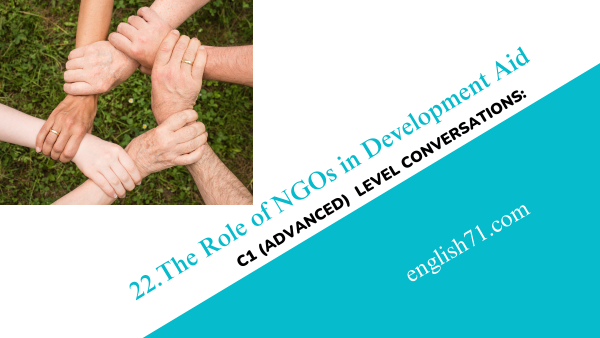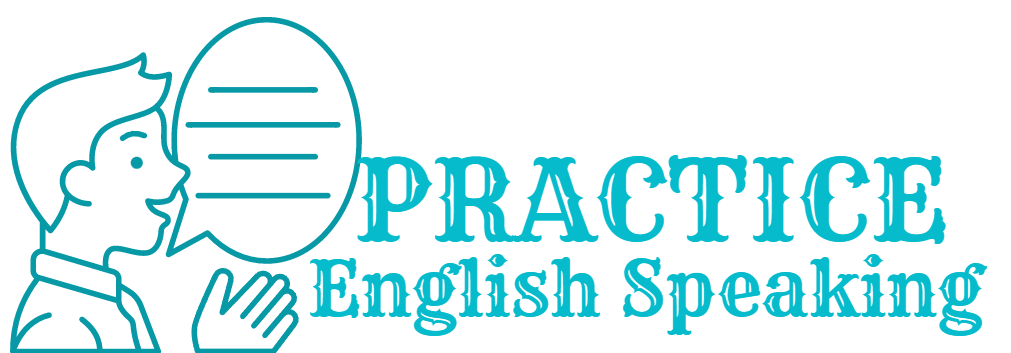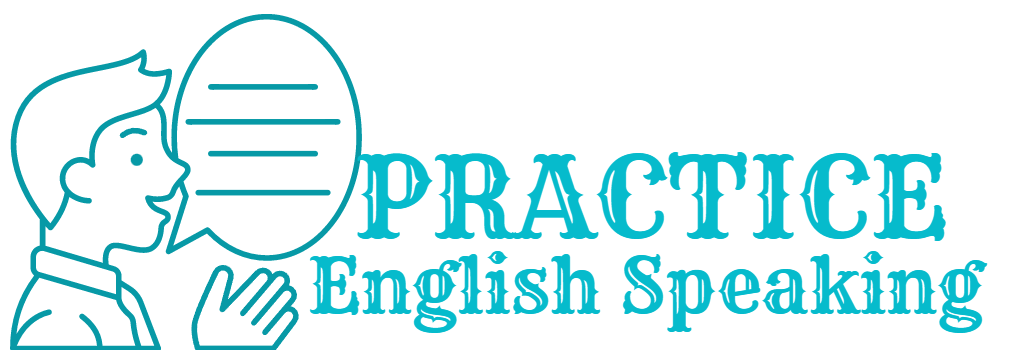C1 (Advanced) level Conversations: (22)The Role of NGOs in Development Aid

Sarah: Hey Sam, have you ever thought about the role of NGOs in development aid?
Sam: Absolutely, Sarah. NGOs play a crucial role in addressing various developmental challenges worldwide. They often step in where governments lack resources or capacity, providing essential services like healthcare, education, and disaster relief.
Sarah: That’s so true. NGOs seem to fill critical gaps, especially in regions affected by poverty or conflict. But do you think they sometimes face challenges in their work?
Sam: Definitely. NGOs encounter numerous challenges, from funding constraints to navigating complex political landscapes and ensuring accountability and transparency in their operations. It’s a tough balancing act.
Sarah: I agree. It must be challenging to maintain their mission while also adhering to donor requirements and local regulations. But despite these challenges, NGOs continue to make a significant impact, right?
Sam: Absolutely. Their work often extends beyond immediate relief efforts to focus on long-term sustainable development projects. By empowering communities and fostering local ownership, NGOs help build resilience and promote self-reliance.
Sarah: That’s so important, especially for achieving the Sustainable Development Goals. I’ve heard that partnerships between NGOs, governments, and businesses are becoming increasingly common. What are your thoughts on that?
Sam: Collaboration is key to addressing complex global challenges effectively. By leveraging the strengths and resources of different stakeholders, such partnerships can lead to more innovative and impactful solutions. It’s all about collective action and shared responsibility.
Sarah: Couldn’t agree more, Sam. It’s inspiring to see how NGOs are driving positive change and working towards a more sustainable and equitable world.
Sam: Definitely. Their role in development aid is invaluable, and I believe their impact will only continue to grow as we tackle the many challenges ahead.



Summary:
Sarah and Sam engage in a thoughtful discussion about the role of NGOs in development aid. They acknowledge the challenges NGOs face, such as funding constraints and navigating complex political landscapes, but also highlight the significant impact these organizations make in addressing global challenges. Sarah emphasizes the importance of partnerships between NGOs, governments, and businesses, while Sam emphasizes the value of community empowerment and local ownership. Overall, they express admiration for the work of NGOs and their contribution to building a more sustainable and equitable world.

